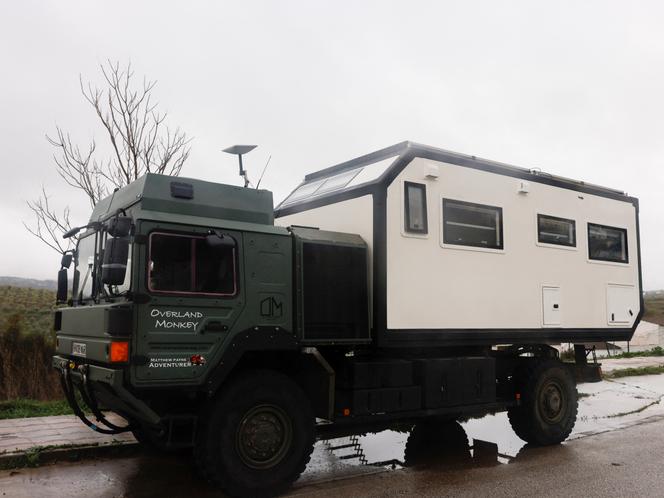


The massive outage that left the Iberian Peninsula without electricity on April 28 not only halted trains, subways and elevators. Many Spaniards and Portuguese were also deprived of phone and internet connections for hours. "It depended on the nearest relay antennas: if they didn't have a backup generator, which is often the case with the most modern ones, the transmission was cut off at the network core as soon as the outage began," explained Albert Banchs, director of the Madrid Institute for Advanced Study.
Among the population that was cut off from the world and rushed to battery-powered radios for information, along with those who managed to communicate more or less normally, there were some people completely unaffected: those with a direct satellite connection, like the one commercialized by Starlink − part of SpaceX, owned by the American magnate Elon Musk.
According to Luke Kehoe, a European industry analyst at Ookla, an American network diagnostics company, "Speedtest Intelligence data revealed record daily use of Starlink in Spain and Portugal during the blackout, with performance holding up (with some latency degradation) despite reports that some ground stations were affected and traffic was routed through nearby countries," he explained on his social media. "Starlink usage was as much as 35% higher in Spain and Portugal on April 28 (the day of the power outage) compared to a preceding 20-day baseline average, and 60% higher on April 29 in Spain."
You have 46.63% of this article left to read. The rest is for subscribers only.
